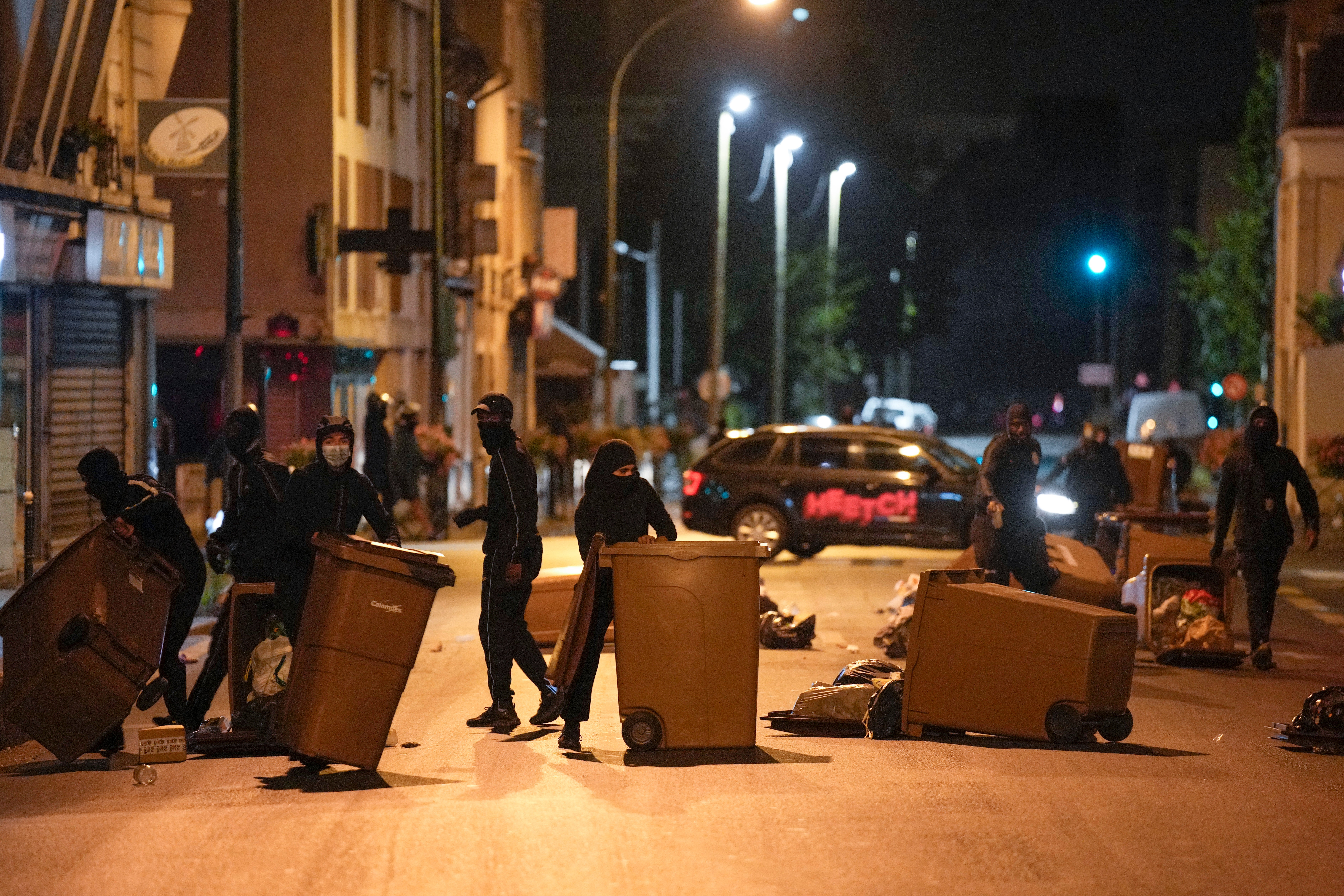Mea Culpa: the hidden treasures of French rioters
Breaches of convention of style and language in last week’s Independent, observed by John Rentoul


I feel quite nostalgic about this confusion, which I haven’t seen for some time. In our coverage of the rioting in France, we reported the reprehensible views of the country’s police unions, which put out a statement saying their members were “at war” with “savage hoards of vermin”.
We changed it to “hordes”, which is what the unions meant: uncivilised crowds. It comes from Turkish ordu, camp or army, which came to mean a warrior tribe of nomads living in tents. The Oxford dictionary says the initial H seems to have been acquired in Polish. Nothing to do with “hoard”, a Germanic word meaning treasure, and especially hidden treasure. And we cannot blame the translation because the French for horde is horde.
And what next? John Harrison reports that he had to read this headline twice: “Currys reports sales and profits dip.” Such is the human instinct for storytelling that the simple word “and” does more than add two things together. It often means “and then”, as one thing leads to another, so we seemed to be saying that reporting sales caused the profits to dip. What we should have said was: “Currys reports dip in sales and profits.”
Issues with issues: In a review of a documentary film about the George Michael and Andrew Ridgeley band, we wrote: “While Michael’s struggle with his sexuality runs through the tale of Wham!, his substance abuse issues, legal troubles and early death are not so much as hinted at.” I thought the triple euphemism of “substance abuse issues” was needlessly coy. The substances concerned are drugs; the “abuse” is an uncalled-for value judgement; and the “issues” is an attempt to make “problems” seem less serious. We could have just said “his drug use”.
We had some more issues in other reports. We said Twitter had been “blighted with issues” since Elon Musk bought it. We meant “problems”. We reported that most broadband customers had “experienced connection issues”. We meant that they had had trouble with their internet connection. And we had Ben Stokes of the England cricket team “suffering from an ongoing knee issue”. That was a “knee injury”, and the “ongoing” added nothing.
Young people today: We referred a couple of times in the past week to “Gen Z”. As with boomers, millennials or Generation X, no one knows what any of these labels mean. In this case, we seemed to mean just “young people”.
Banned List: I missed these at the time, last month, but this column allows no statute of limitations. On our sports pages we referred to Real Madrid’s “preternatural sense of purpose”, while in a TV review we said that Oliver Savell “has a preternatural gift for performance”.
I am afraid that “preternatural” is on the Banned List. It has a perfectly respectable etymology, from medieval Latin preternaturalis, itself from the Latin phrase praeter naturam, beyond nature. And some people used to go to the trouble of distinguishing it from “supernatural”, to mean “that which might have been a work of nature, but is not”. But it is usually just a pretentious way of saying “unnatural”, and I think we can do without it.



Join our commenting forum
Join thought-provoking conversations, follow other Independent readers and see their replies
Comments